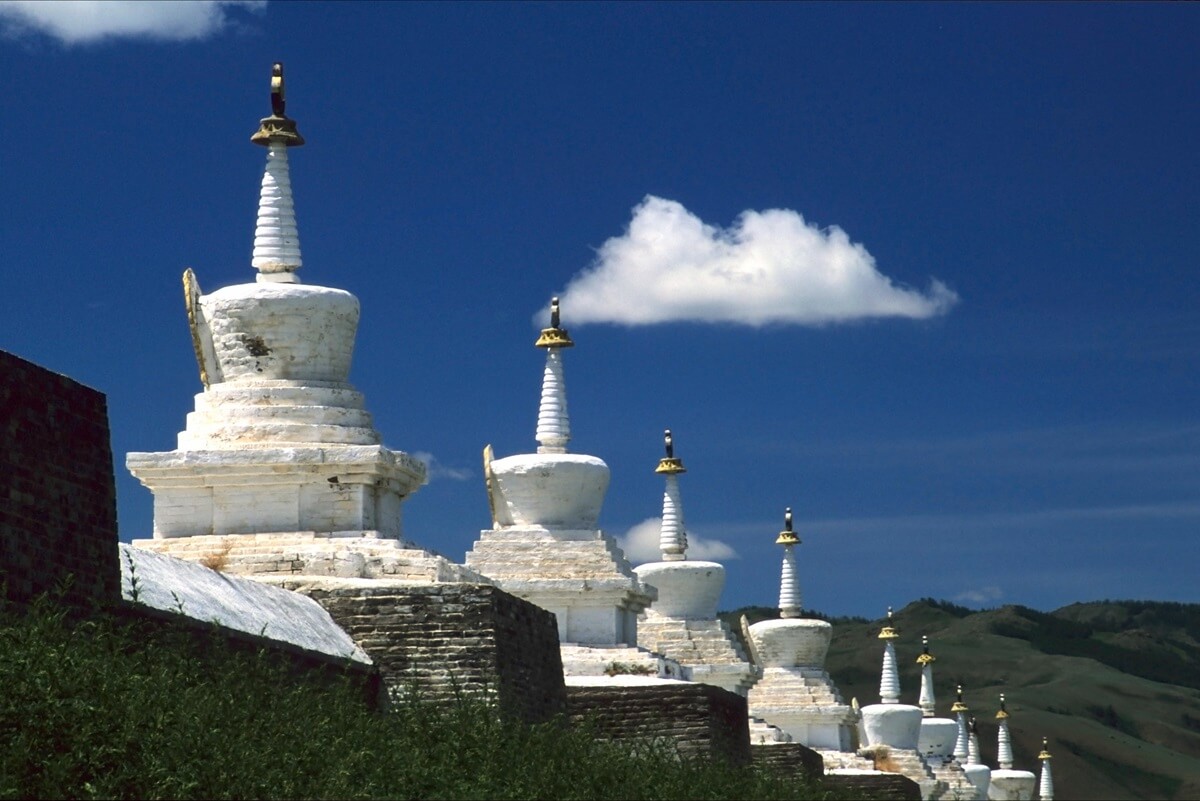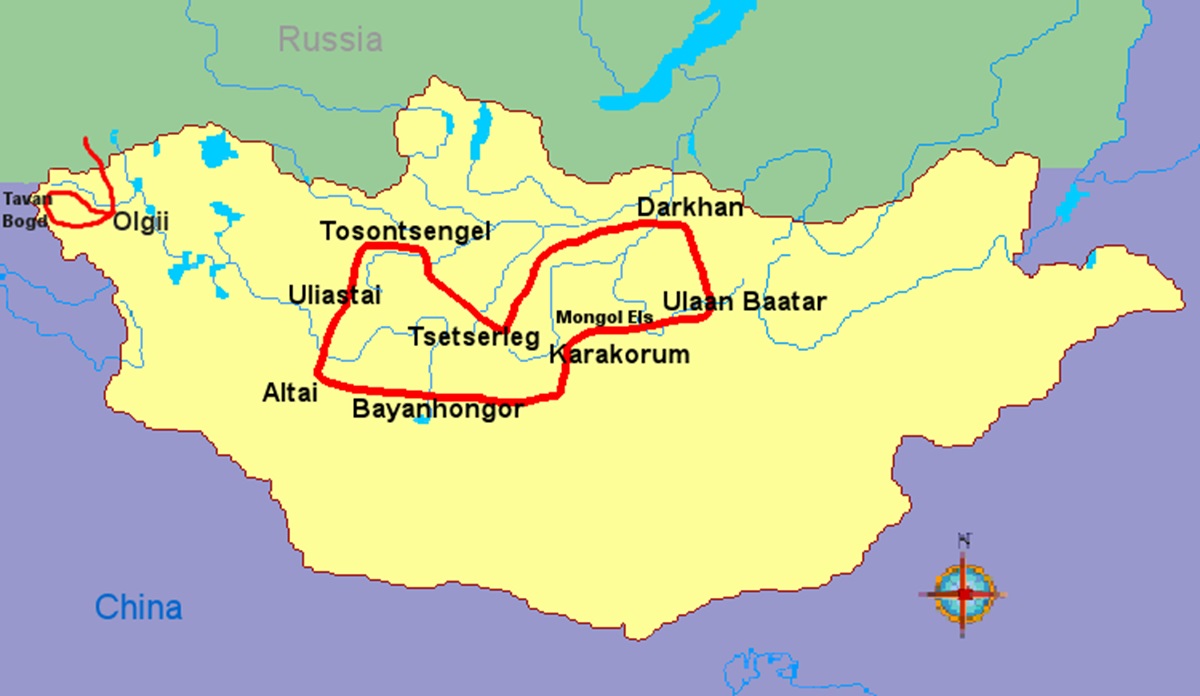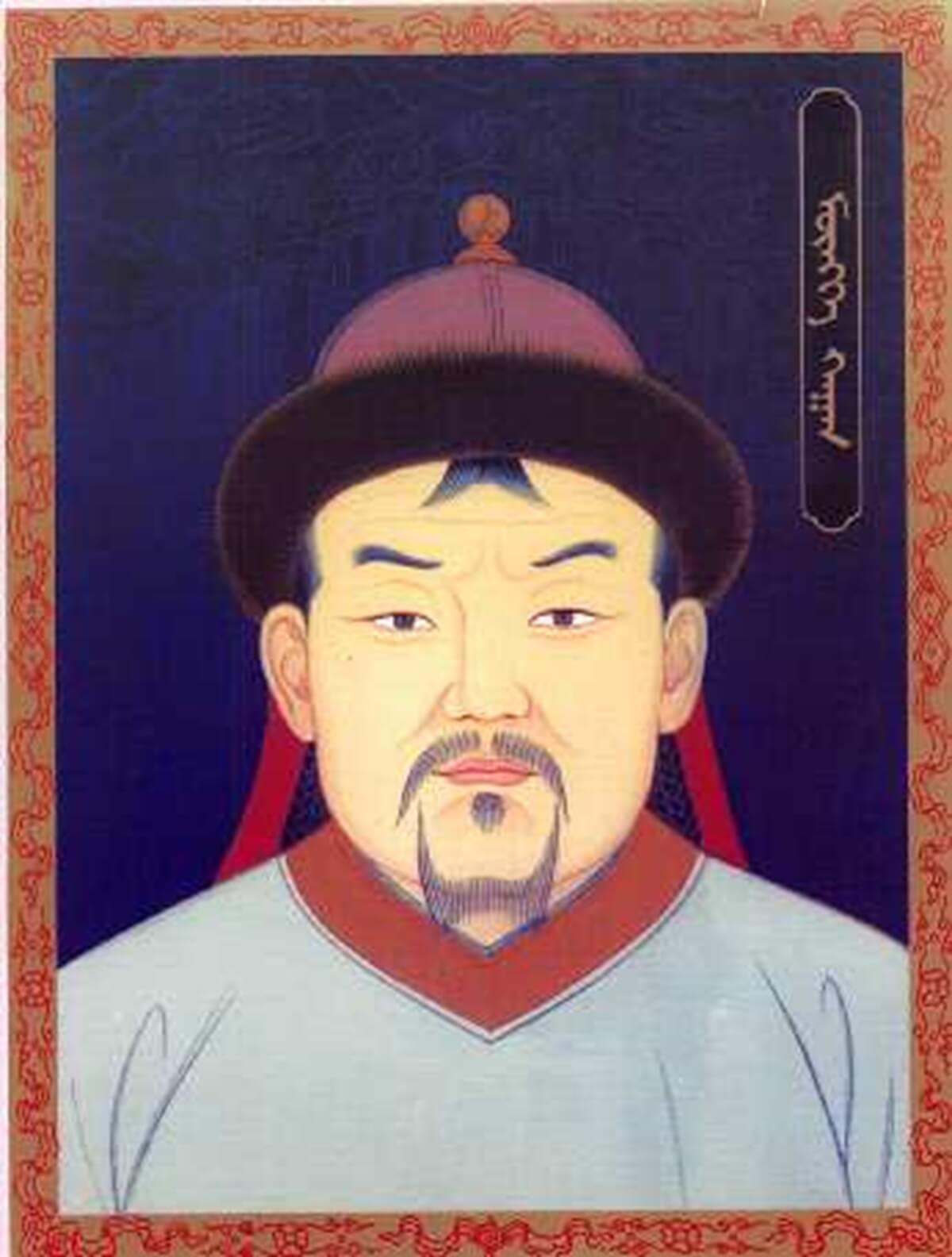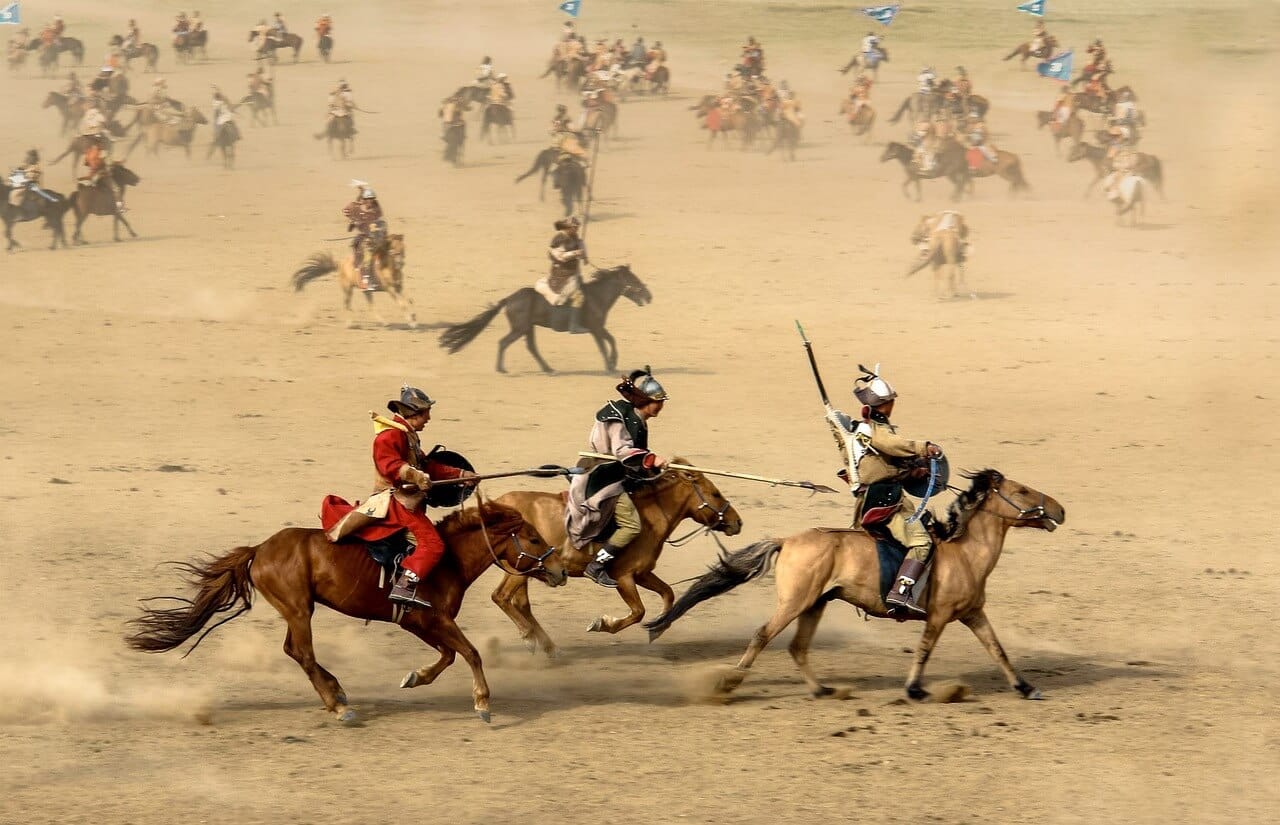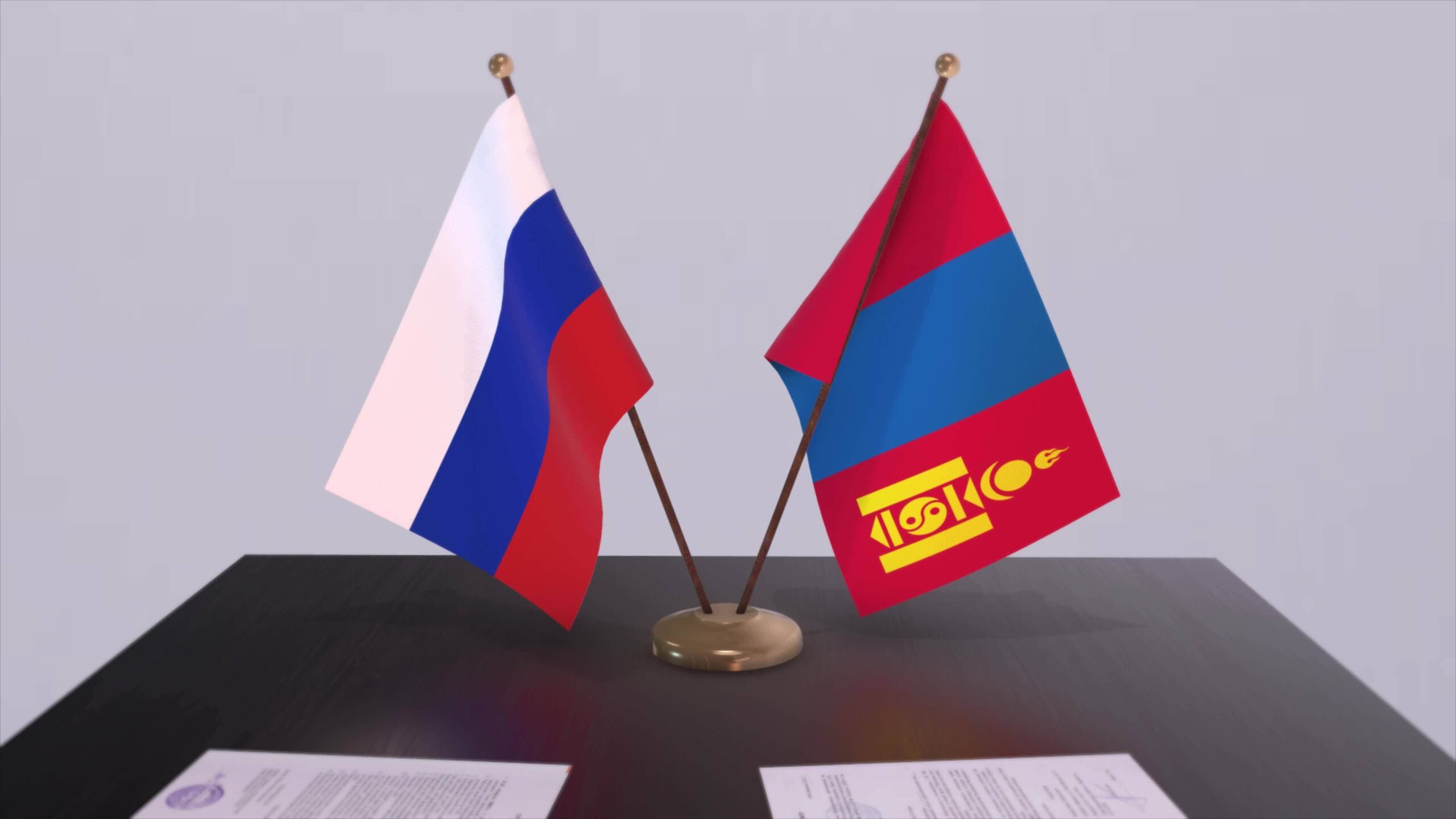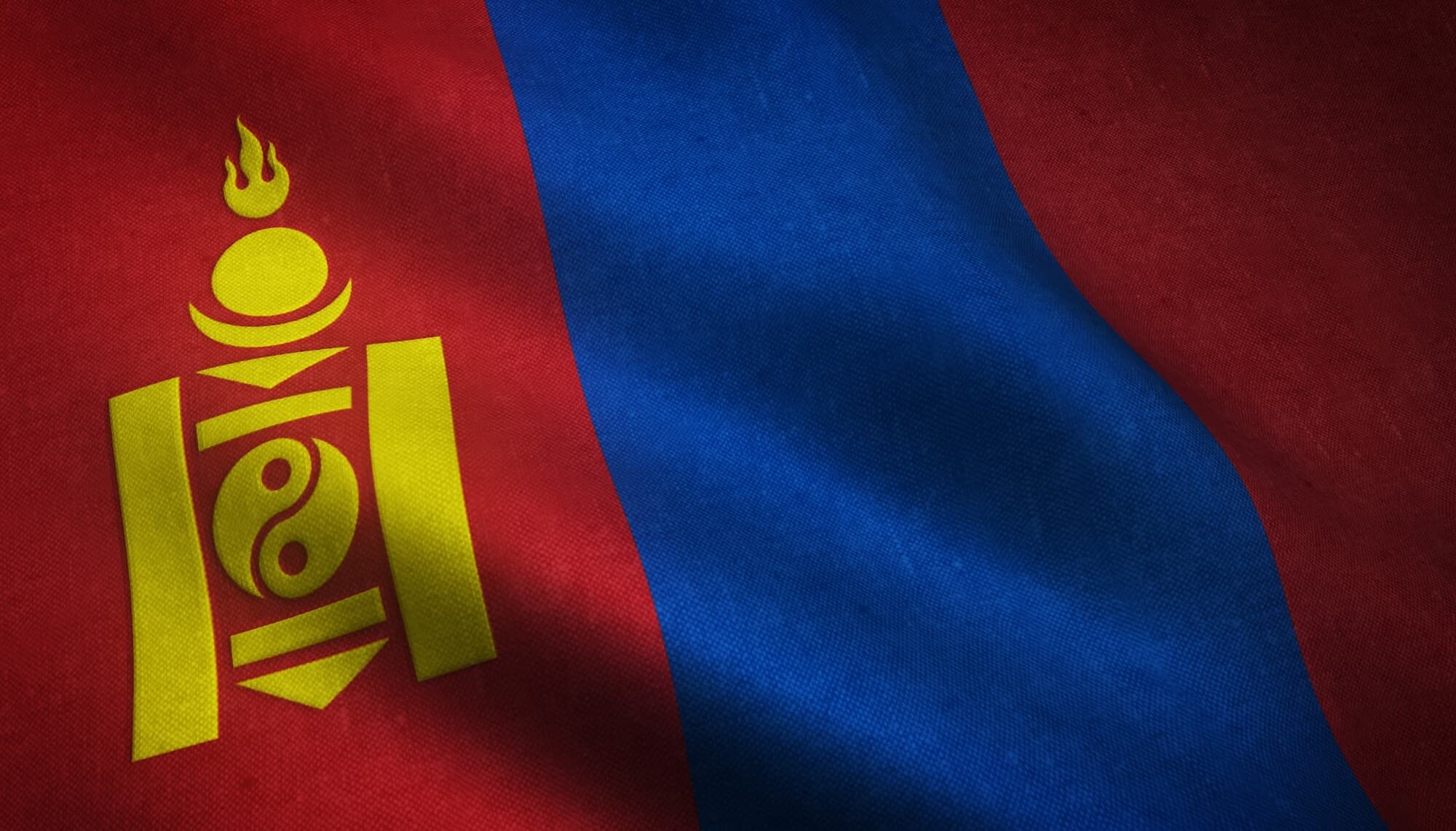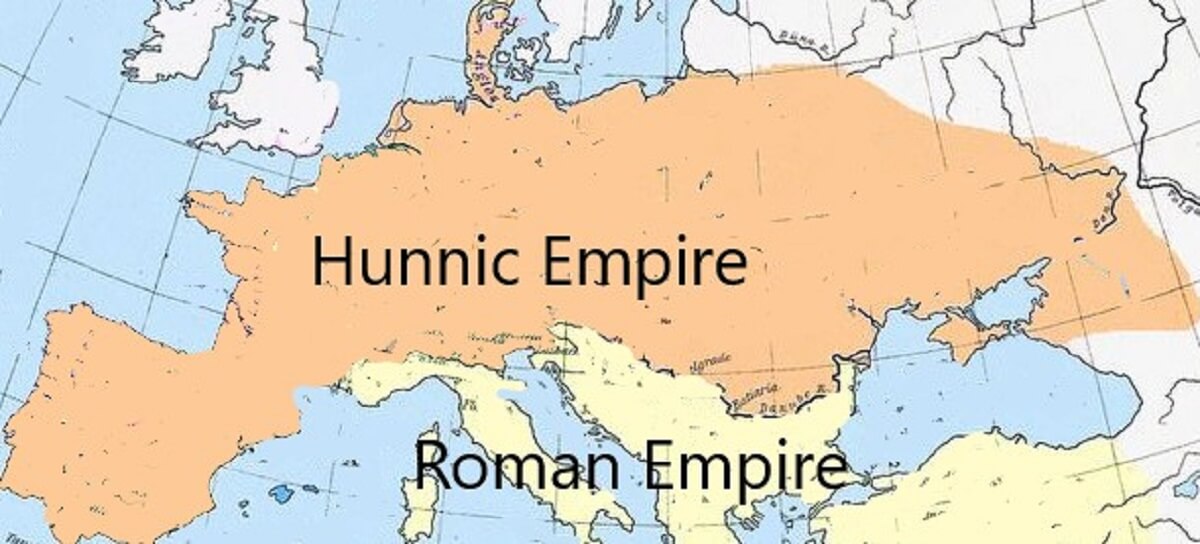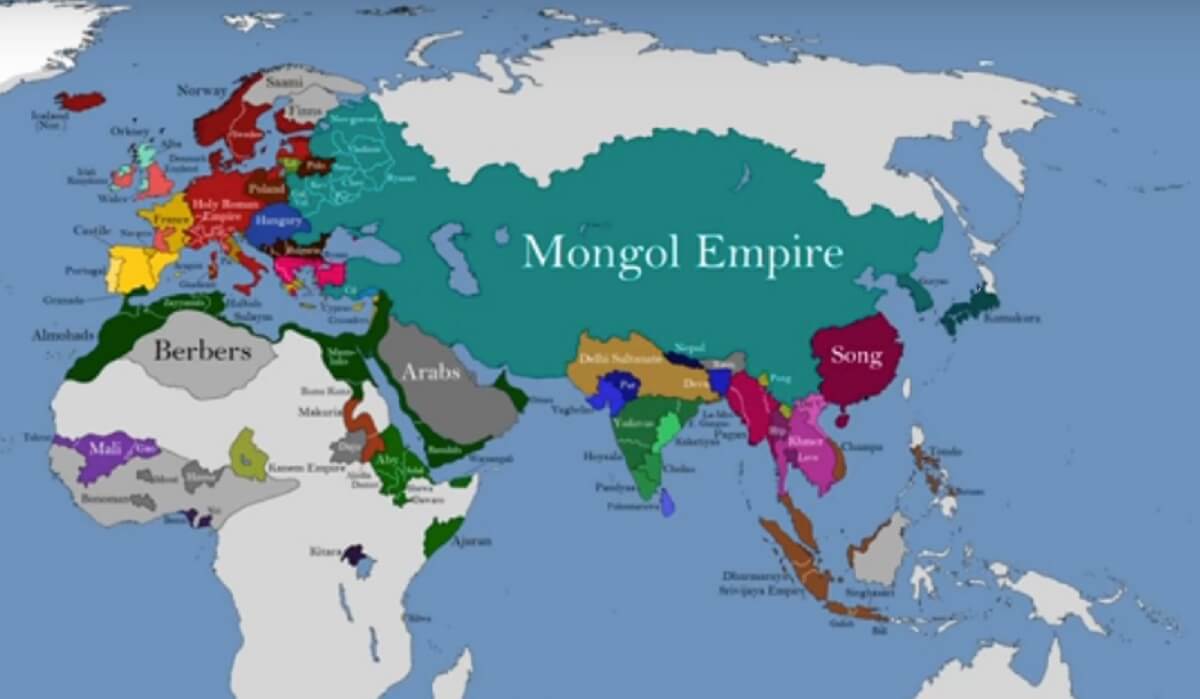Genghis khan quotes
Genghis Khan was a historical figure who lived in the 12th century and founded the Mongol Empire. He was a great military leader and conqueror, but he was also known for his wisdom and his ability to inspire his followers.
As a result, there are many quotes attributed to him that have been passed down through history. Here are some of the most famous Genghis Khan quotes, along with an explanation of what they mean.
- I am the punishment of God. If you had not committed great sins, God would not have sent a punishment like me upon you.”
- “Conquering the world on horseback is easy; it is dismounting and governing that is hard.”
- “An action committed in anger is an action doomed to failure.”
- “The strength of a wall is neither greater nor less than the courage of the men who defend it.”
- “The greatest happiness is to vanquish your enemies, to chase them before you, to rob them of their wealth, to see those dear to them bathed in tears, to clasp to your bosom their wives and daughters.”
- “He who can oppose the sovereign’s wrath and endure his anger shall be invincible.”
- “A man’s greatest joy is crushing his enemies.”
- “I hate luxury. I exercise moderation. It will be easy to forget your vision and purpose once you have fine clothes, fast horses, and beautiful women.”
- “It is not sufficient that I succeed—all others must fail.”
- “The greatest joy a man can know is to conquer his enemies
- “I am the flail of God. If you had not committed great sins, God would not have sent a punishment like me upon you.”
- “A leader can never be happy until his people are happy.”
- “The strength of a family, like the strength of an army, is in its loyalty to each other.”
- “It is not enough to conquer; one must learn to seduce.”
- “A wise ruler does not reward their friends for being friends; they reward them for their merit.”
- “The merit of a man is that which he is, not that which he has.”
Explanation of some quotes
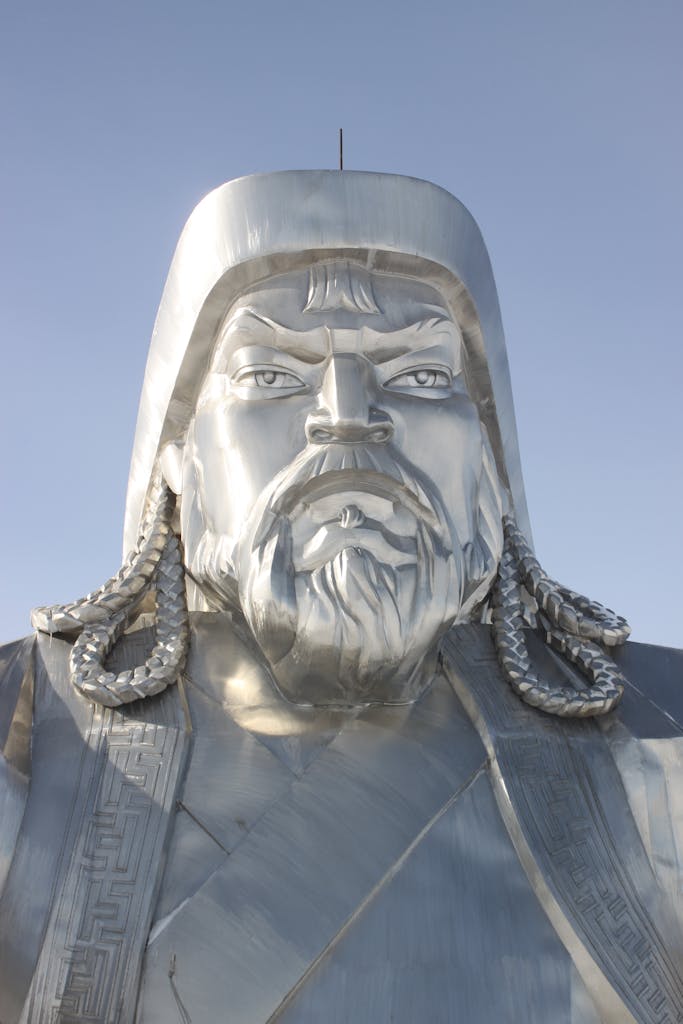
1. The strength of a wall is neither greater nor less than the courage of those who defend it.
“The strength of a wall is neither greater nor less than the courage of those who defend it.”
This quote highlights Genghis Khan’s belief in the importance of leadership and courage in battle. He understood that a strong defense was only as effective as the people who were defending it, and he valued bravery and determination above all else.
This quote has been used as a rallying cry for soldiers and leaders throughout history, and it continues to inspire people today.
2. The greatest happiness is to scatter your enem
“The greatest happiness is to scatter your enemy and drive him before you, to see his cities reduced to ashes, to see those who love him shrouded in tears, and to gather into your bosom his wives and daughters.”
This quote reflects Genghis Khan’s view of war and conquest as a source of glory and honor. He believed that the greatest happiness came from defeating one’s enemies, destroying their cities, and taking their women as spoils of war.
This view was in keeping with the warrior culture of the Mongols, who prized strength, bravery, and martial prowess above all else.
3. I am the punishment of God
“I am the punishment of God. If you had not committed great sins, God would not have sent a punishment like me upon you.”
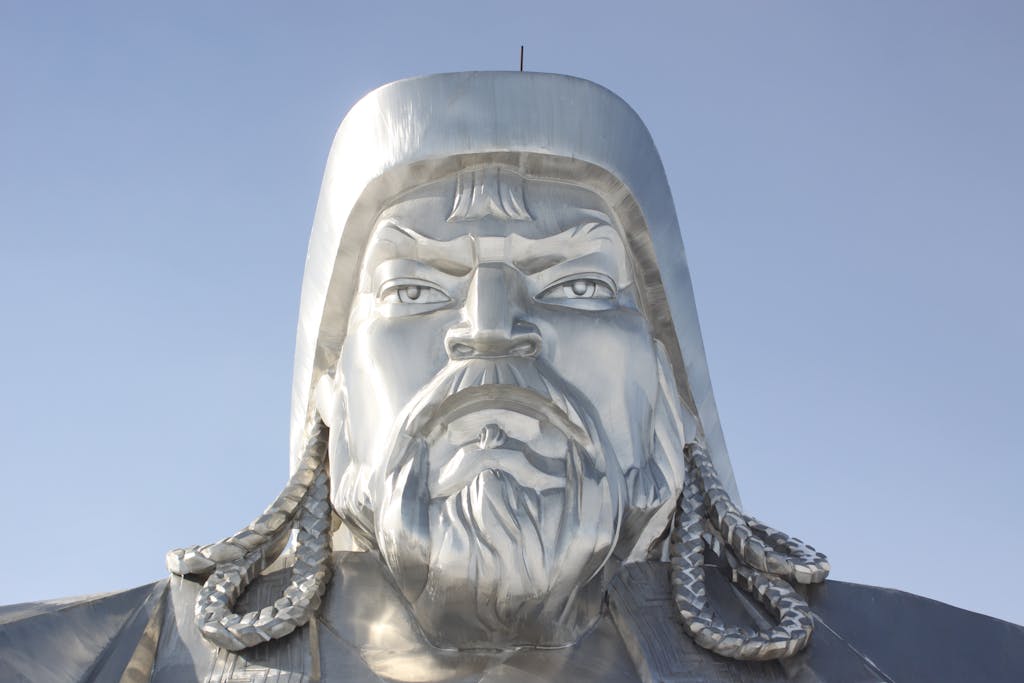
This quote is often interpreted as a warning to Genghis Khan’s enemies. It suggests that he believed himself to be an instrument of divine retribution, sent to punish those who had committed sins or wronged others.
It also reflects his belief in the idea of fate and destiny, which was a central tenet of Mongol culture.
4. Conquer yourself, and you will conquer the world.
“Conquer yourself, and you will conquer the world.
This quote reflects the idea that true strength and power come from mastering one’s own desires, emotions, and weaknesses.
It encourages self-improvement and personal growth as the path to achieving greatness in the world.
By understanding and controlling the inner workings of your own heart and mind, you become unstoppable in your journey towards success.
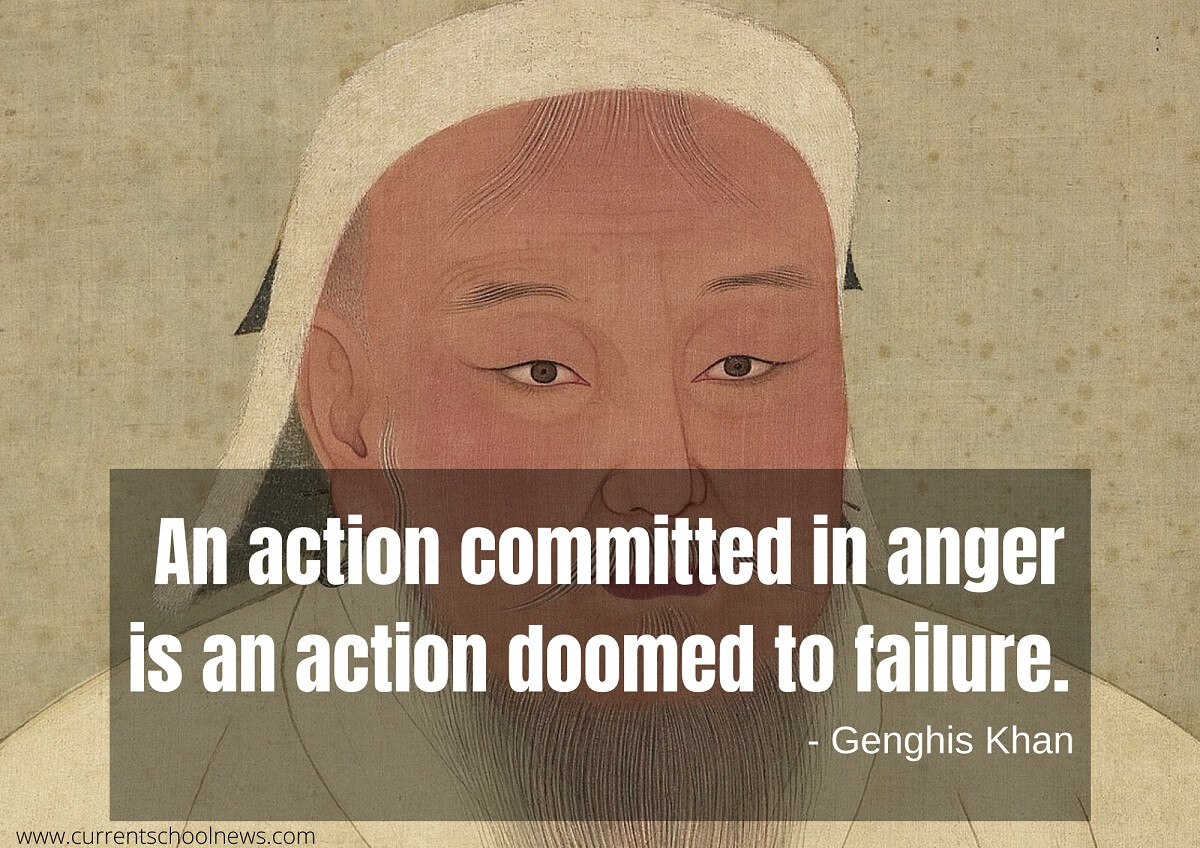
5. An action committed in anger is an action doomed to failure.
“An action committed in anger is an action doomed to failure.”
This quote reflects Genghis Khan’s belief in the importance of discipline and self-control. He understood that acting out of anger or emotion could lead to mistakes and failure, and he valued the ability to remain calm and focused in difficult situations.
This quote is a reminder that it is important to think before acting, and that reacting impulsively can often lead to negative outcomes.
Overall, these quotes offer a glimpse into the mindset and worldview of Genghis Khan. They reflect his values, his beliefs, and his vision for the world he was trying to create.
While some of his views may seem harsh or brutal by modern standards, it is clear that he was a complex and multifaceted figure who left a lasting impact on world history.
6. If you’re afraid – don’t do it, – if you’re doing it – don’t be afraid!
“If you’re afraid – don’t do it, – if you’re doing it – don’t be afraid!”
This quote encourages us to overcome fear by making a clear choice: If you’re too afraid to do something, it’s okay to avoid it, but if you’ve already decided to do it, then don’t let fear hold you back; face it with confidence.
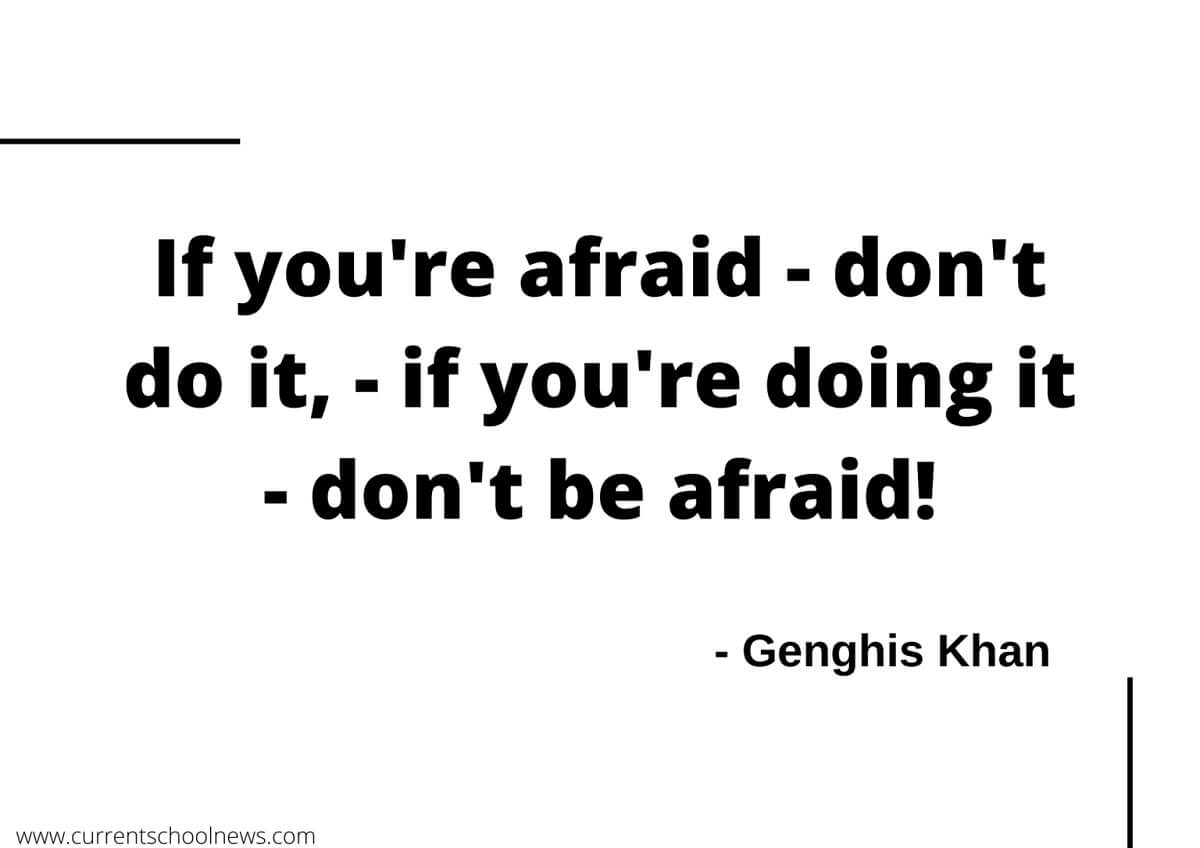
7. Remember you have no mate but a shadow
“Remember you have no mate but a shadow”
This quote reminds us that in life, we’re ultimately alone and can rely only on ourselves.
Our companionship, strength, and choices are like our own shadow, ever-present but intimately connected to our actions.
It’s a reminder to be self-reliant and mindful of the paths we choose, as we are our own truest and most constant companions on life’s journey.
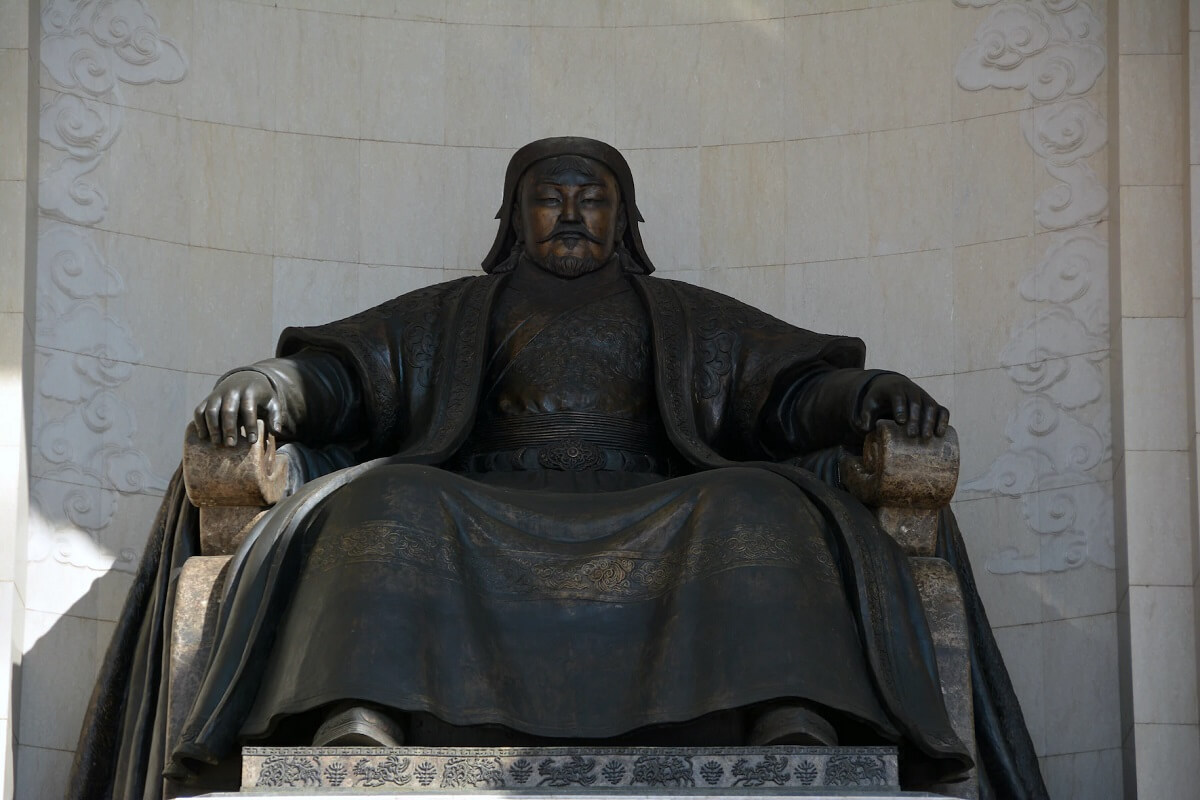
8. Violence never solves anything.
“Violence never solves anything.”
This quote conveys a timeless truth: resorting to violence rarely leads to lasting solutions. Instead, it often perpetuates more problems and harm.
It emphasizes the importance of seeking peaceful and constructive ways to resolve conflicts, as violence tends to create a cycle of destruction that doesn’t ultimately bring about genuine resolution or positive change.
In essence, it’s a reminder that empathy, dialogue, and understanding are often more effective in addressing issues than resorting to force.
If you have questions about Mongolia, don’t hesitate to ask. I’ll be happy to help in any way that I can!

